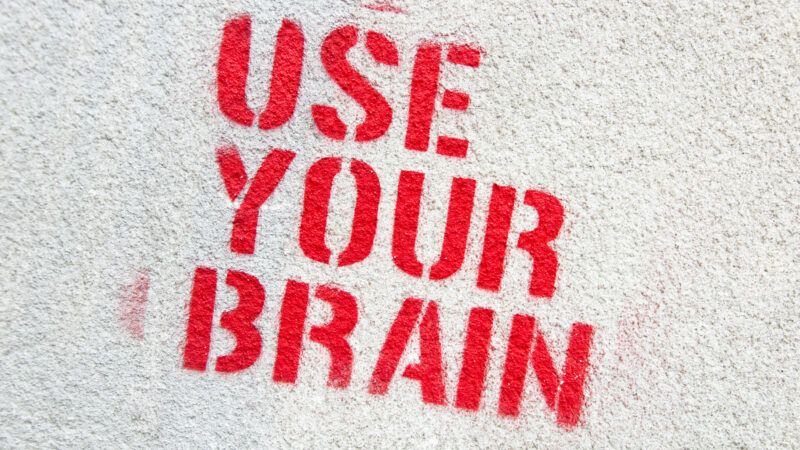San Francisco Fines Businesses for Getting Vandalized
The city halted its practice of fining graffitied businesses during the pandemic. But now it's firing up its enforcement machine again.

Getting your business vandalized sounds like punishment enough. For some San Francisco business owners, it's just the beginning of their troubles.
A steady stream of restaurateurs and retailers have been complaining about the city's practice of issuing them fines for not being quick enough to remove chronic graffiti being applied to their shopfronts and street cafes.
"The graffiti, it costs me a lot of money because every tag, I've got to go paint that thing. I don't actually expect it to stop, but the most frustrating thing is, I keep on getting tagged by the city, but what can I do?" restaurant owner Viet Nguyen told ABC7 News last week.
Nguyen—who will be opening a San Francisco location of his restaurant GAO Viet Kitchen later this year—told local media he's received notice from the city that he has 30 days to clean up tags on his building or else risk a $352 fine.
"I can't even count. The paint dries and you deal with another one," Michael McNamara, manager of vegan pub Above Ground, told the San Francisco Chronicle last year of the constant graffitiing of the business. For his trouble, McNamara told the paper he'd received two $300 tickets plus a $320 inspection fee from the city's public works department.
Private property owners are required to remove graffiti within a month of a notice of violation. The San Francisco Chronicle reports that the city pumped the breaks on issuing notices and fines for large stretches of the pandemic.
Supervisor Hillary Ronen, who described the fines as a "slap in the face" given all the other hardships businesses incurred during the pandemic, sponsored a successful ordinance in March 2021 forgiving graffiti fines that suspended the public works department's ability to issue more while Mayor London Breed's COVID-19 emergency order is in effect.
The mayoral emergency continues. But the slap in the face that was supposed to stop is "now slapping again" as SFist colorfully put it. In April, the board voted to re-empower the public works department to issue graffiti fines. NBC Bay Area said the department started exercising that fining power earlier this month, with Nguyen being one of the first targets.
To complement reinvigorated enforcement, the city is finalizing the details on a publicly funded graffiti abatement program. If approved, the $4 million program would send city workers to paint over graffiti of vandalized businesses that opt into the program. But given owners' complaints about the frequency at which their storefronts are tagged, one wonders if the program amounts to sweeping leaves on a windy day.
It's also not clear what public rationale exists for these fines. Unlike accumulated trash, noise, or other standard nuisances, graffiti isn't inherently offensive. Some people pay good money for graffitied murals and artwork.
The targeted businesses themselves obviously don't like being vandalized. The city has a role in policing and preventing that. But the fines only punish the victims of this vandalism while doing nothing to disincentivize lawbreakers.
The city recognized that was unfair and cruel during the pandemic. It remains so even as the virus fades.
Rent Free is a weekly newsletter from Christian Britschgi on urbanism and the fight for less regulation, more housing, more property rights, and more freedom in America's cities.


Show Comments (84)